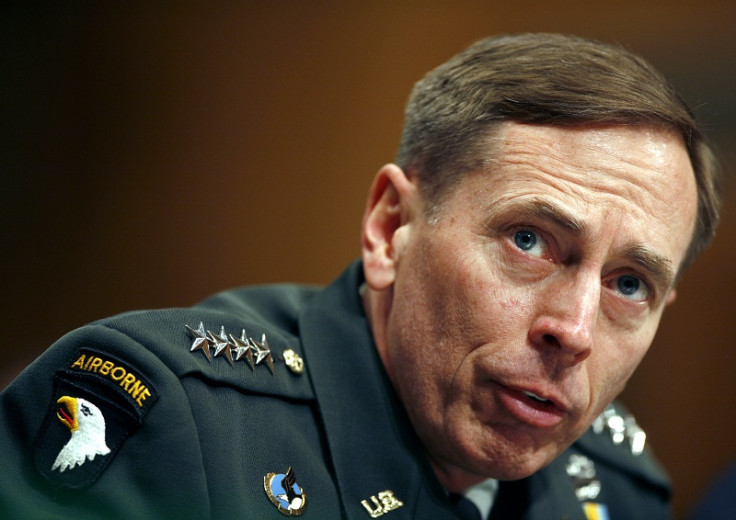Isis in Iraq: The West should arm everyone

Much has been made the shifting alliances that the rise of Islamic State (formerly known as Isis) has forced in the Middle East, where more than ever it seems that your enemy's enemy is your friend.
Take Iran, which is fighting Isis from the south and east as Iranian Kurdish parties join the peshmerga in fighting the Islamist group from the north. Iranian Kurds, long persecuted in Iran, are fighting if not side-by-side with the Iranian regime, then at least on the same side to beat the greater of two evils.
If the Iranian Kurds can put aside their long-standing war with the Iranian state to take on Isis, then so can the US and if, as Reuters reported Tuesday, the Iraqi army is poised to request US-led airstrikes in its battle to take Tikrit, then it should be given full support.
Alliances can be fickle in war, after all, and if 12 months from now Isis are dislodged from Iraq then Europe and the US can always cut ties with Iran
It is madness to support the Kurdish forces in the north with bombing raids against Isis positions but to decline support to the Iraqi army in the south because it is backed by Iranian-led Shia militias and led by General Qassem Suleimani, the head of Iran's Revolutionary Guard.
It is equally madness to say that Iran and the Shia-backed militias pose the gravest threat to security in Iraq, as General David Petraeus argued this week.
We should not forget that before the Iranians waded into the conflict against Isis, former Prime Minister Nour Al Maliki's despondent army fled Iraq's towns and cities en masse and left them to the advancing militant army. Under Haidar Al Abadi and with Iranian backing, they are making progress.
Of course, backing Iran in Iraq raises difficult issues over the border in Syria, where Bashar Al Assad's army is being backed by Hezbollah (and by proxy, Iran) against both Isis, the Kurds and the Free Syrian Army, but the confused Western policy on Syria should not stubbornly destroy the only real hope of dislodging Isis from Iraqi cities.
Alliances can be fickle in war, after all, and if 12 months from now Isis are dislodged from Iraq then Europe and the US can always cut ties with Iran, back the Free Syrian Army – whatever is left of it – and be on the opposite side to Tehran once again. It wouldn't be the first time.
Stop pretending the West is not involved in Iraq already because it is. The time to act is now.
There is of course the question of backing a mostly Shia army in its invasion of majority Sunni cities, and allegations of atrocities or sectarian violence by Shia militias in Sunni villages should be taken very seriously. Anything that intensifies Iraq's already severe divisions in that regard will only seek to persuade less extreme Sunnis that Isis is a better option than an invading Shia army.
But Western backing for the Iraqi government in its current campaign can only serve to show them and their Iranian allies that the world is watching, and recent Iraqi efforts to organise the army into mixed battalions and to stress its non-sectarian army demonstrate that Baghdad is aware of that.
The US and Europe have made enough mistakes in not acting fast enough over the current crisis in the Middle East. If it had acted sooner in backing the FSA against Assad, perhaps thousands of Syrians could have been saved and ISIS would not have been able to secure a foothold.
Or perhaps not - hindsight is the only exact science, after all - but if we have learned anything over the past four bloody years it is not to delay. So arm the Kurds, back the Iraqi army and Iranian militias with air strikes until they take Tikrit and stop pretending the West is not involved in Iraq already because it is. The time to act is now.
© Copyright IBTimes 2025. All rights reserved.






















